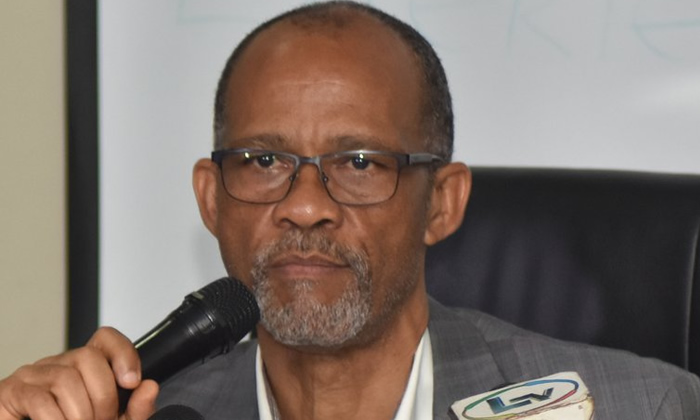infectious cholera strain spreads throughout Lagos
Abayomi cautions as a highly infectious cholera strain spreads throughout Lagos
Laboratory testing on samples, according to Lagos State Health Commissioner Prof. Akin Abayomi,
have established that cholera is the cause of the disease outbreak in the state.
The detected strain of cholera is extremely contagious and aggressive, with the potential for extensive dispersion.
Abayomi revealed this on Monday while providing an update on the state’s cholera outbreak on his Instagram feed, @profakinabayomi.
Ingesting the bacteria Vibrio cholerae in tainted food or water can result in cholera, a food and waterborne illness.
In addition to causing severe acute watery diarrhoea, cholera can be fatal in a matter of hours if treatment is not received.
In Nigeria, cholera is an endemic and seasonal disease, occurring annually mostly during the rainy season and more frequently in areas with poor sanitation.
As the rainy season deepens, the Nigeria Centre for Disease Control and Prevention alerted the public to the growing trend of cholera infections.
According to the centre, the ten states that account for 90% of the current cholera outbreak’s burden are
Lagos, Bayelsa, Zamfara, Abia, Cross River, Bauchi, Delta, Katsina, Imo, and Nasarawa.
In 2022, there were twice as many cholera cases reported to WHO as there were in 2021—473,000 cases total. An additional 700,000 cases were projected by 2023.
The World Health Organization’s most recent data revealed that a total of 24 countries across five WHO regions reported 145,900 cases of cholera
and 1,766 deaths.
Africa had the highest number of cases, followed by the Eastern Mediterranean Region, the Americas Region, South-East Asia Region, and the European Region.
The commissioner said that the number of cases has peaked and is currently decreasing as a result of contact tracing and community-based case detection.
The outbreak’s core is Lagos Island, with 106 cases, followed by Kosofe with 49 cases, Eti-Osa with 38 cases, Lagos mainland with 30 cases, Ojo with 17,
Ikorodu with 16 cases, Kosofe with 16 cases, and Shomolu with 11.
The remaining ones are: Alimosho -four; Ajeromi Ifelodun -four; Oshodi-Isolo -three; Ikeja -three; Apapa -eight; Mushin -eight;
Ifako Ijaiye -eight; Mushin -five; Surulere -nine; Badagry -two; Amuwo-Odofin -one.
However, he revealed that there have been 15 deaths to date and 17 verified cases out of 350 suspected cases.
350 suspected cases of cholera were recorded in 29 wards spanning various LGAs in Lagos State, according to Abayomi.
Of those cases, 17 were confirmed, and 15 deaths were linked to severe dehydration brought on by a delay in presentation.
“International partners, such as the World Health Organisation and the United Nations Children’s Fund, as well as the Nigeria Centre for Disease Control, are supporting us.”
“Community-based surveillance operations and awareness-raising are being carried out by local non-governmental organisations.”
In order to stop a resurgence, he added, the state is stepping up its public health initiatives in light of the Sallah celebrations
and the related dangers of transmission via parties and catering services.
According to public health response standards, “suspected cases are receiving free treatment at our public health facilities,” he continued.




